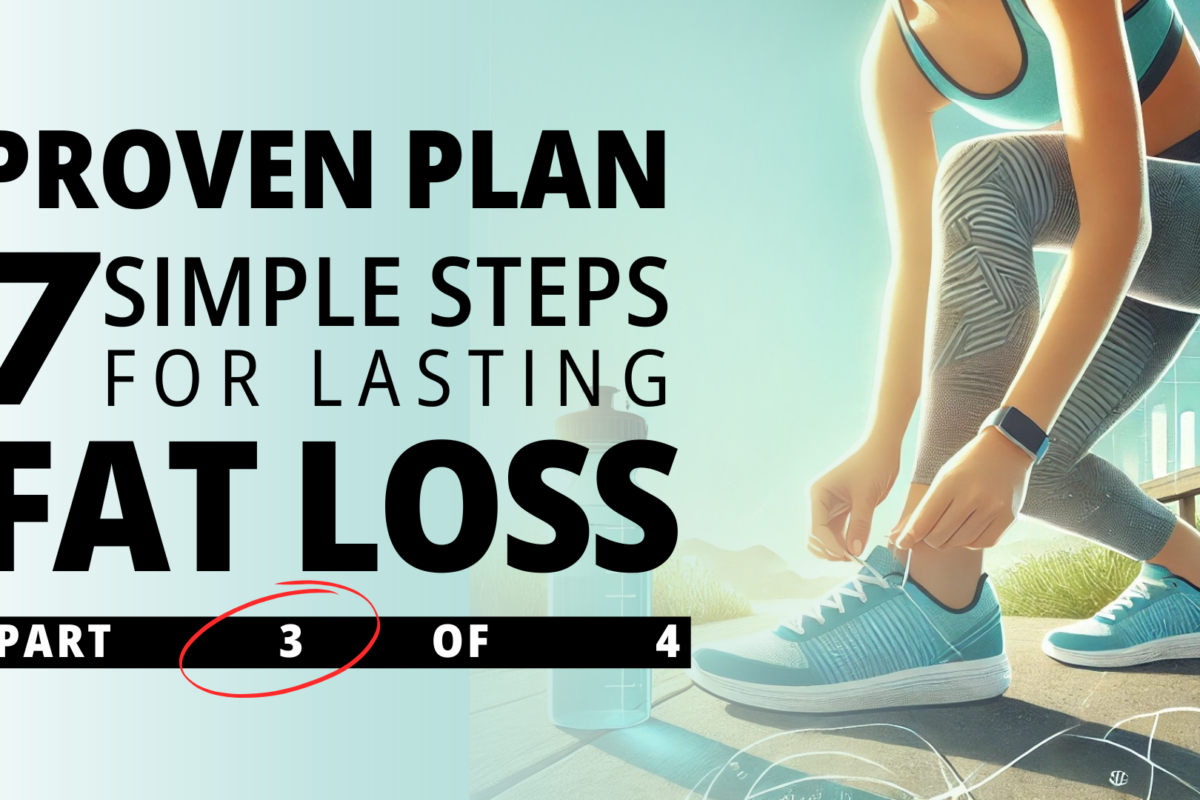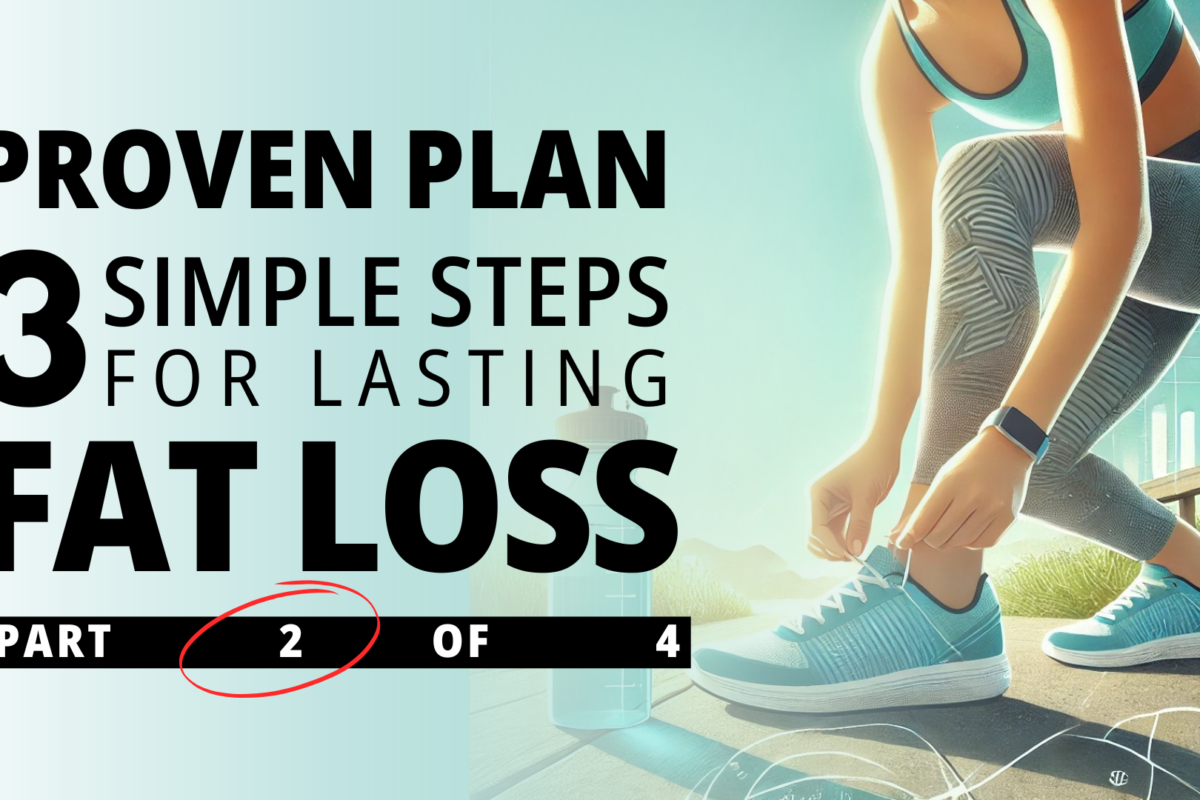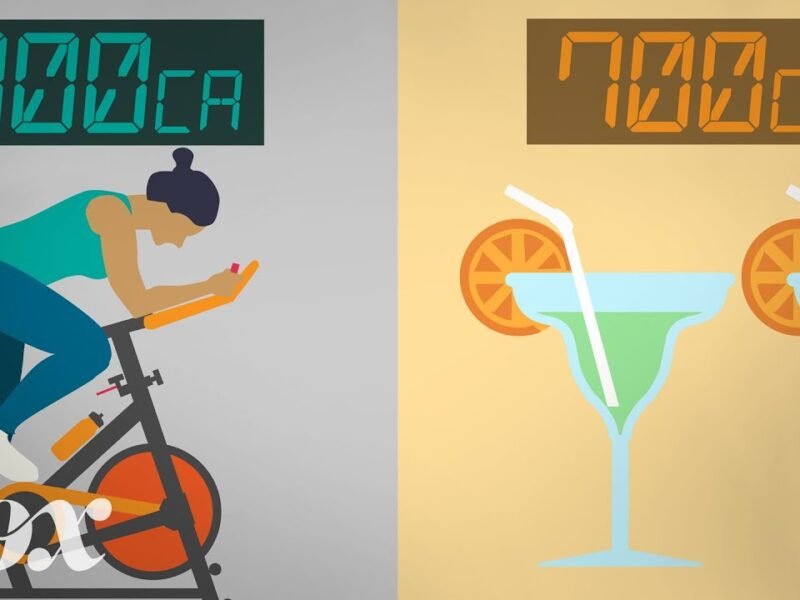The Science is In: Exercise ISN'T the Best Way to Lose Weight
The Science is In: Exercise Isn’t the Best Way to Lose Weight
Many people believe that if they want to lose weight, they just need to hit the gym regularly. However, research suggests a different story. After reviewing over sixty studies on exercise and weight loss, it appears that exercise isn’t as effective for shedding pounds as most think.
Rethinking Exercise
Exercise should not be viewed as a primary weight loss tool. According to Dr. Kevin Hall from the National Institutes of Health, while exercise is excellent for overall health, it doesn’t guarantee weight loss. In fact, it’s one of the best things you can do for your health—second only to quitting smoking.
Understanding Energy Use
To understand why exercise isn’t the key to weight loss, we need to look at how our bodies burn energy. There are three main ways we expend calories:
-
Basal Metabolism: This is the amount of energy your body uses just to function—keeping your heart beating and lungs breathing.
-
Thermic Effect of Food: This is the energy needed for your body to digest and process food.
-
Physical Activity: This includes all movements we make, which typically accounts for only 10 to 30% of our total daily energy expenditure.
The majority of the calories you burn daily come from your basal metabolism, which is mostly beyond your control. While you can manage your calorie intake, the calories you burn through activity are limited.
The Realities of Exercise and Weight Loss
Consider a study that found if a 200-pound man ran for an hour, four days a week, he would only lose about 5 pounds in a month—assuming his diet and other activities stay the same. However, our bodies often respond to increased exercise in surprising ways, leading to what are known as “compensatory behaviors.”
For instance, after a workout, many people feel hungrier and may eat more than usual. Additionally, some might subconsciously reduce their activity levels, like opting for the elevator instead of the stairs after a run.
Metabolic Adjustments
Another factor is metabolic compensation. When people lose weight, their resting metabolism can slow down, meaning they burn fewer calories while at rest. This adjustment can make further weight loss more challenging.
The Hadza Study
A fascinating study of the Hadza people, active hunter-gatherers in Tanzania, reveals even more. Despite their active lifestyle, the Hadza didn’t burn more calories than sedentary adults in the US and Europe. Their energy use for physical activity was balanced out by lower calorie expenditure elsewhere in their lives.
The Takeaway: Food Matters More
So, how do the Hadza remain slim? They simply don’t overeat. It’s easy to compensate for calories burned during exercise with just a few extra bites. For example, an hour of running might burn off the calories in a Big Mac and fries, but only a small portion of pizza could wipe out hours of hard work at the gym.
The Need for a Shift in Focus
Despite high obesity rates, exercise continues to be promoted as a primary solution. Food intake is often overlooked. Companies like Coca-Cola have historically supported the exercise narrative, suggesting that you can consume more calories as long as you work out. This is misleading and doesn’t reflect how difficult it truly is to burn off those extra calories.
Conclusion
While exercise is vital for overall health and can contribute to a happier, longer life, it shouldn’t be the main strategy for weight loss. It’s essential to focus on healthy eating habits. Understanding the relationship between exercise and weight management can help us make better choices in our pursuit of health and wellness.




















